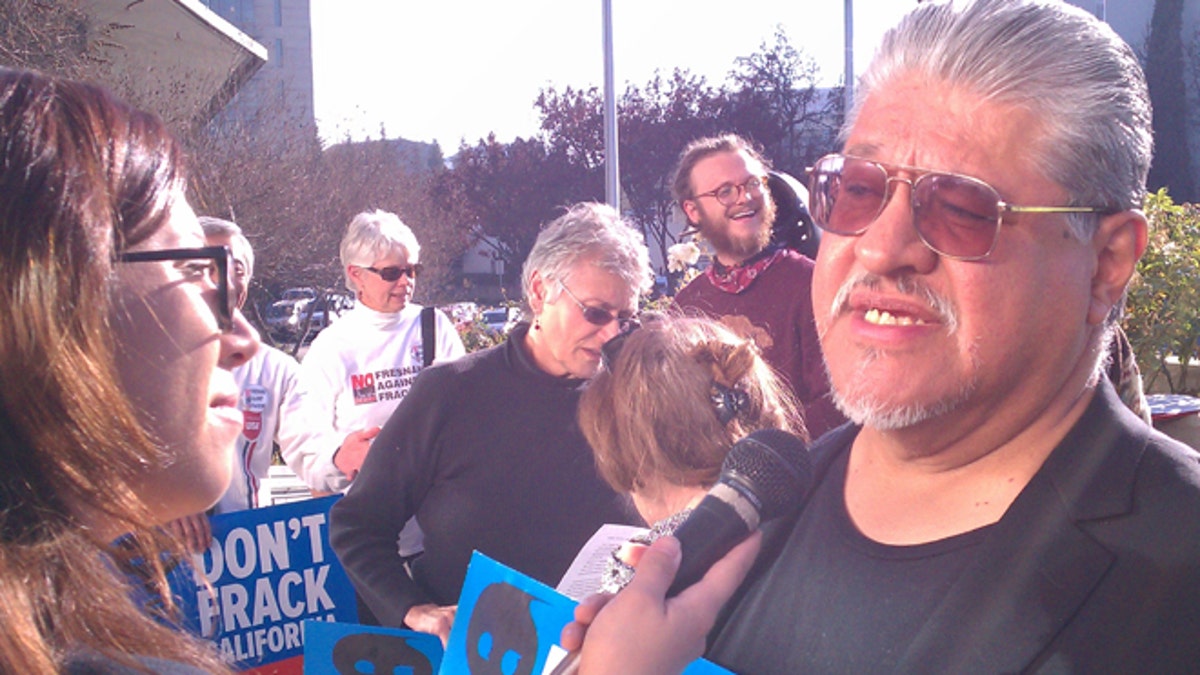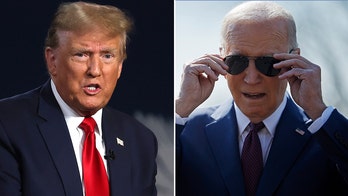
The current race for the governor’s seat in California is a personal one for Luis J. Rodriguez. It offers him the best opportunity to present the issues of education, poverty, and injustice — issues that have shaped his life.
“I’ve been riding a thread that has been with me since birth,” said Rodriguez via e-mail, “born on the border of El Paso, Texas and Ciudad Juárez, Mexico. That thread has to do with injustice, poverty, and being locked out of the decision-making processes in this country.”
In November 2013, the Green Party of California selected Rodriguez as its official candidate for the state’s gubernatorial election in November. His chances are slim to nil as no Green Party candidate has yet to win a seat in elected office outside of a municipal election. Still, that hasn’t deterred him from launching a serious and incredibly ambitious campaign.
“Green Party activists in the San Fernando Valley have been asking me to run for political office for some time,” explained Rodriguez. “This is a serious campaign, not symbolic. We aim to win as a grassroots, from the ground-up, movement.”
Rodriguez is mostly known for “Always Running,” his memoir about his wild and drug-addicted days as a young gang member. Community center counselor, a second shot at getting an education, and a love of books and writing spared him from a violent end on the streets, the way so many of his early friends died.
- Actress Maria Conchita Alonso Fires Back At Critics, Says She And Tea Party Candidate Are Misunderstood
- Various Latino Leaders Back N.J. Gov. Chris Christie, Despite Scandals
- Drug War Underground: Homeland Security Department Unveils Tunnel-Detecting Robots
- Latina Tapped For Small Business Administration Champions Economic Opportunity
- Border Drone Flights Grounded After One Malfunctions And Crashes Into Pacific Ocean
- California Lawmaker Pushes Bill Extending Obamacare To Undocumented Immigrants
He became a journalist working for local papers in East L.A., San Bernardino and Chicago, where he lived for many years. Years later, his work also appeared in larger publications including the Los Angeles Times, the New York Times, England's The Guardian in the London and others.
He also tackled the very familiar and personal themes of gang violence and poverty as an activist, mentor, and educator with various non-profits such as the Guild Complex, Youth Struggling for Survival, and Tia Chucha’s Centro Cultural. He has also exported his knowledge, sharing his experiences and visiting jailed youth in the Mexico, Italy, Peru, Venezuela, and many other countries.
As a candidate, Rodriguez stresses the need to reform California’s health-care, prison and education systems. Many of his ideas come from the work he’s done over the years with those nonprofits.
Rodriguez believes that the solution to keeping people out of prison is to lift them out of poverty.
“The poor have no say-so on policy,” he said, “yet they fill our prisons and continually get budgets balanced on their backs.”
And, once they’re released, they don’t get the opportunity via education, employment, etc., to stay out.
“I’m convinced, and I’m not the only one, that punishment does not work as a corrections philosophy,” he said. “I would propose turning the tax dollars used to house prisoners —$46,000 per person a year in adult prisons, and $252,000 per juvenile— can be better utilized by providing mental health and drug treatment, job training, education … and such. It’s about properly filling in the empties in a person’s life, family and community.”
Rodriguez also pointed to universal health care and free college education as tools to fight poverty. “Education and healthcare —like food, shelter and clothing— are necessities,” he said, explaining that the money to fund such programs is already in the government’s budget.
“Our commercial ports, the largest on the Pacific Rim, alone bring in $38 billion a year, he pointed out. “There is money, it’s just being used to benefit the wealthy and powerful. Distribute these necessities to all those who need them, not just to those who can afford them.”
It may seem like a stretch that a former Chicano gang member and recovered addict would set his sights on the governor’s mansion in Sacramento but politics has left a deep imprint in his life.
Rodriguez’s father didn’t move to the U.S. from Ciudad Juárez by choice; he fled persecution from Mexico’s Partido Revolucionario Institutional, known as the PRI political party.
Rodriguez was brought up politically. He participated in the 1968 East L.A. walkouts protesting inequality in the city’s public high schools and joined in the Chicano Moratorium protest against the Vietnam War in 1970.
By the time he was 15, he had already started getting into trouble, joined a gang, dropped out of school, got addicted to heroin and ended up kicked out of his house. Rodriguez and a few members of his gang were arrested after the Moratorium, and before the charges were dropped, he sat in a cell next to Charles Manson.
He managed to kick heroin, go back graduate from high school —even spent a couple of years at Cal State, Los Angeles— and avoided serious jail time thanks to the intervention of mentors from a local community center he frequently attended.
His most recent foray into politics before the governor’s race was in 2012, when he was named by the Justice Party’s presidential candidate, Rocky Anderson, as his running mate. The experience as a third-party candidate deepened his mistrust of the two-party system.
“Big money makes elections, makes candidates, forces all the issues,” he said. “When you only have two parties, you are limited in your choices, especially parties that are beholden to corporate sponsors and making deals. The American people deserve better.”
Rodriguez’s first obstacle, however, is getting on the ballot itself. His campaign has until Feb. 20 to submit 10,000 signatures asking for his inclusion on November’s ballot.
He and his supporters are currently crisscrossing the state on what they call the “100 for 200” campaign. Their goal is to have 100 people gather at least 200 signatures, giving Rodriguez double the amount of minimum votes required. In the process, he hopes to set the grassroots gears in motion.
“The new state election rules are meant to discourage and undermine third parties and other independent voices,” he said, “but we’ll turn this into our advantage.”




